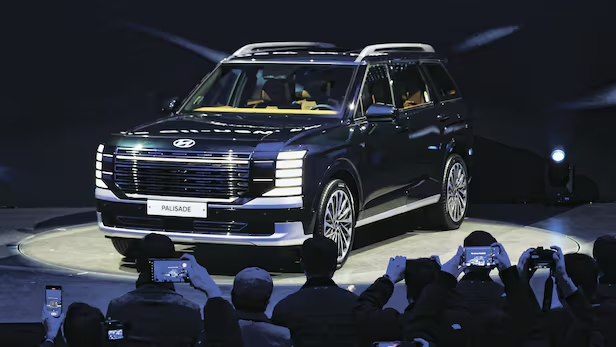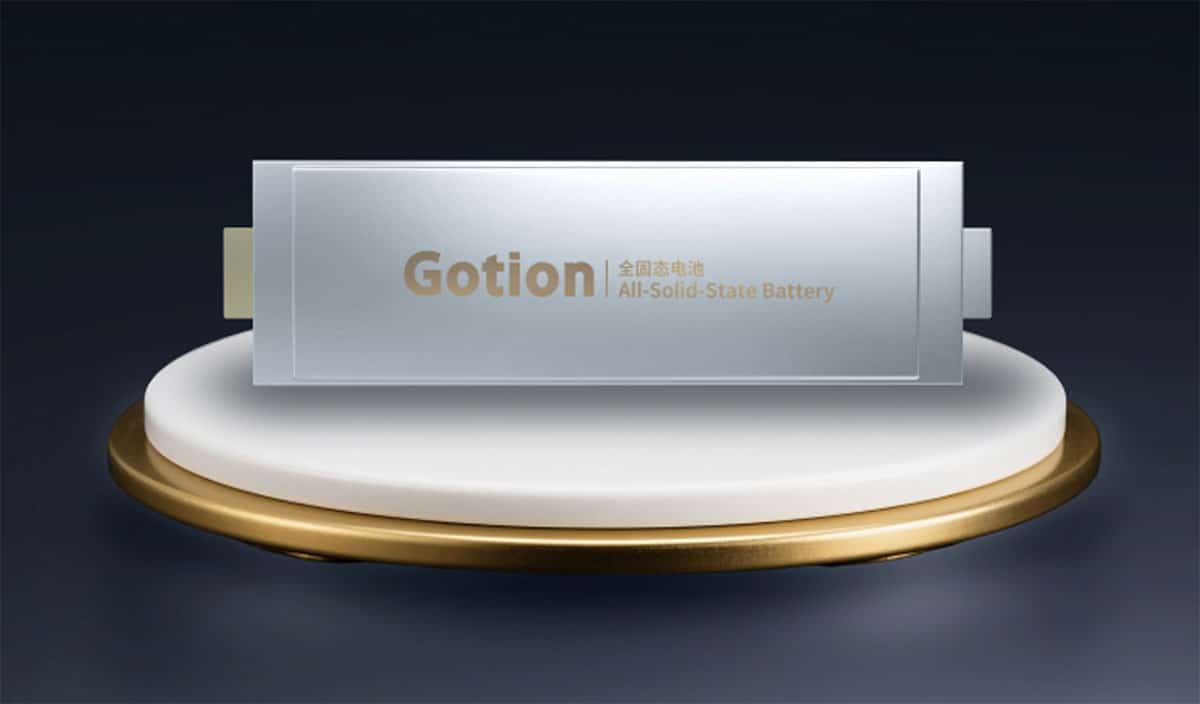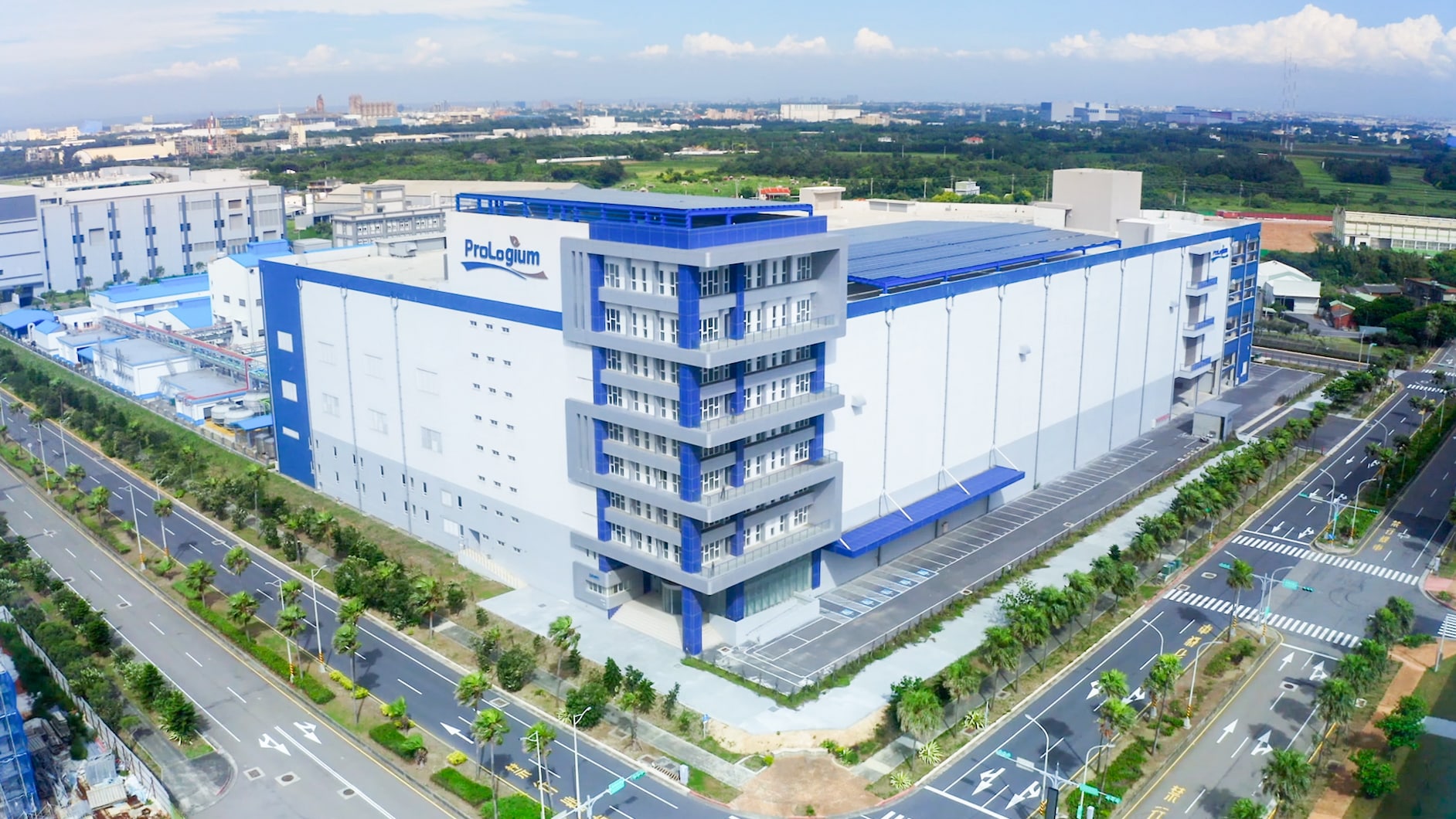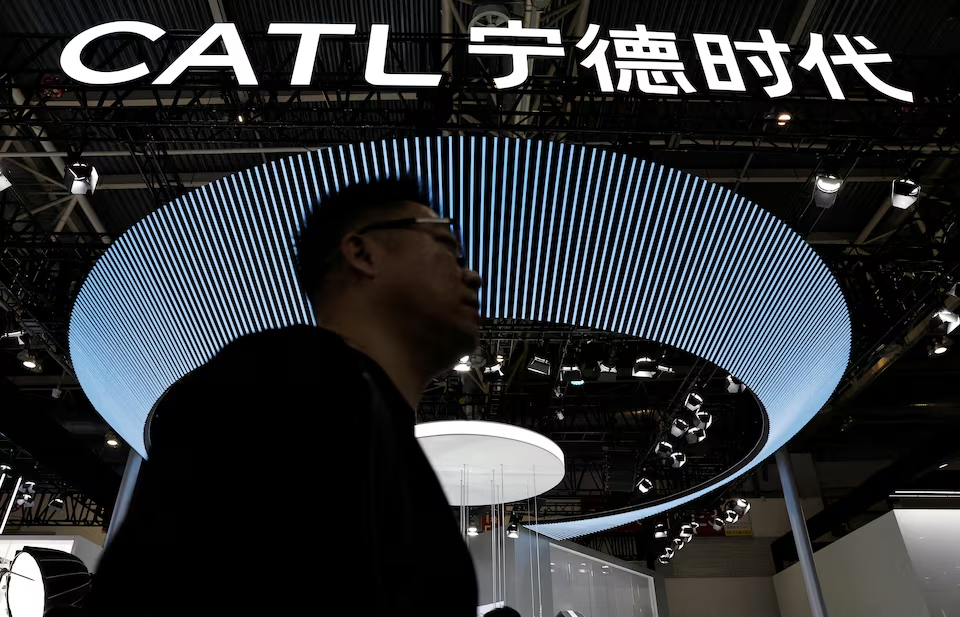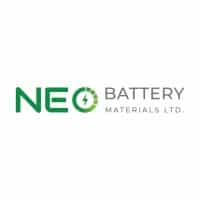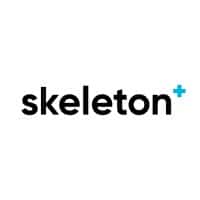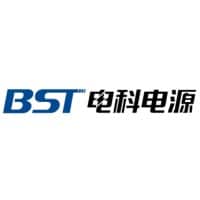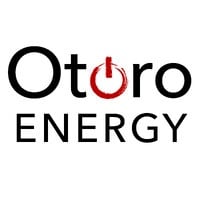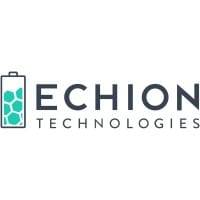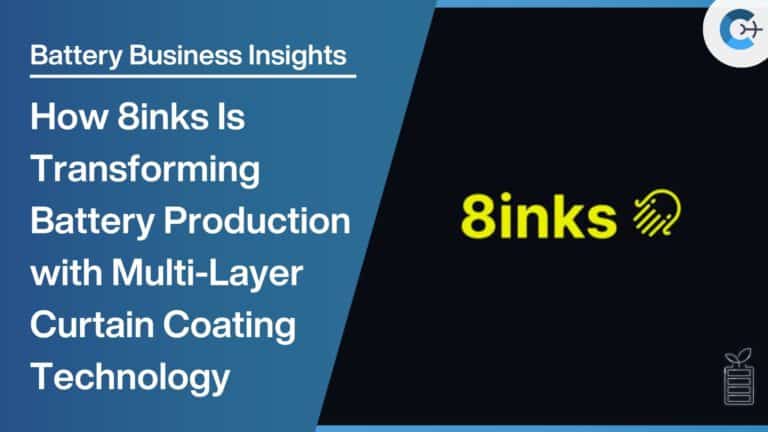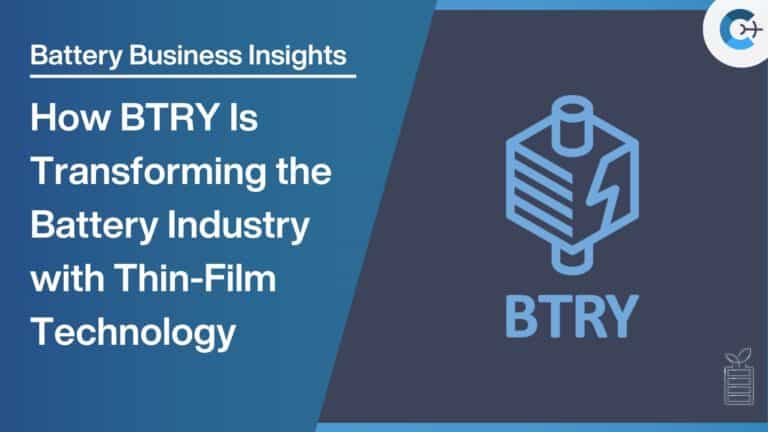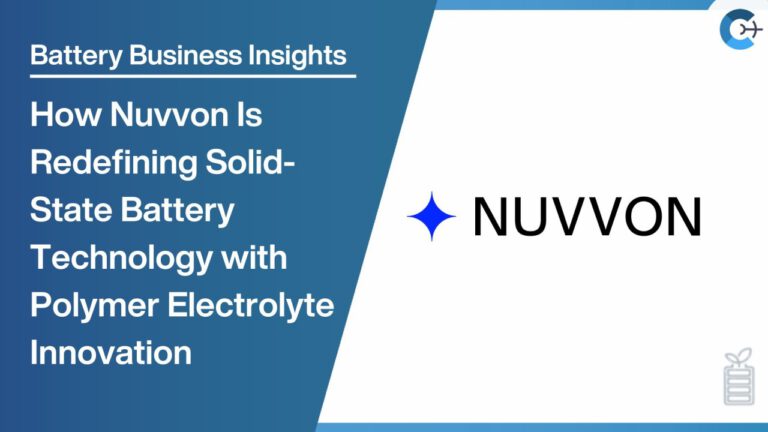Hyundai Motor Company has announced plans to invest $90 billion over the next decade to expand its electric and hybrid vehicle offerings. CEO José Muñoz revealed the investment on March 20, highlighting the development of 21 new electric vehicle (EV) models and an expanded hybrid lineup. This significant commitment underscores Hyundai’s dedication to maintaining a leading position in the EV market, even as other global automakers reduce their investments amid a slowing market and increasing trade uncertainties.
Muñoz detailed Hyundai’s strategy to grow the Ioniq lineup, aiming to achieve greater economies of scale. The company is focused on reducing battery costs, enhancing vehicle efficiency, and extending driving ranges. These initiatives are part of Hyundai’s response to challenges such as the current EV market slowdown and deteriorating global trade conditions.
Last year, Hyundai experienced a decline in operating profits and global sales for the first time in four years. Additionally, the company faces uncertainties in its largest overseas market, the United States, due to potential tariffs. Domestic demand in South Korea remains sluggish, and sales are decreasing in most international markets except the U.S. The rapid expansion of China’s EV market, where Hyundai holds approximately a 1% market share, also presents challenges. According to SNE Research, China’s share of global EV sales reached 65.9% last year, up about six percentage points, while Europe and the U.S. saw declines in their shares.
To address these issues, Muñoz outlined a strategy to optimize regional operations to increase market share and improve profitability. This includes adapting to varying regulations and market conditions, localizing production, and diversifying parts sourcing to enhance the supply chain. In the United States, Hyundai plans to mitigate tariff risks by increasing local production through the Hyundai Motor Group Metaplant America (HMGMA) in Georgia, which will implement a mixed-production system that includes hybrid models. Muñoz expressed confidence that this localization strategy will allow Hyundai to adapt to any policy changes effectively.
In response to the growing Chinese EV market, Hyundai intends to launch an EV specifically designed for China, marking its first vehicle exclusively for the Chinese market. This year, the company plans to release 10 new models, including the Palisade Hybrid, its first vehicle equipped with dual motors. Hyundai continues to invest in hybrid vehicles, extended-range EVs, and hydrogen fuel cell vehicles to meet diverse consumer demands.
Hyundai is also enhancing its customer experience by selling cars on Amazon in the U.S. and plans to involve more dealers in this program. To navigate global market uncertainties, Hyundai is expanding collaborations with foreign companies, including supplying its ‘Ioniq 5’ to Waymo’s autonomous robotaxi service and partnering with General Motors on vehicle technology development and production. Muñoz emphasized that these global partnerships and cooperation with affiliates aim to reduce costs in areas such as logistics and finance.
Source: Chosun

